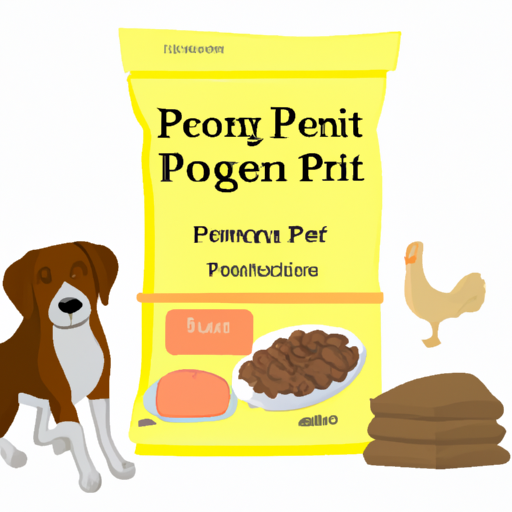In this article, we’ll delve deep into the topic of protein for dogs, addressing key aspects that every dog owner should be aware of. The content is designed to be comprehensive, providing you with the knowledge you need to make the best dietary choices for your furry friend.
1. The Importance of Protein in a Dog’s Diet
Protein plays a crucial role in your dog’s diet. It’s essential for the growth and repair of your dog’s muscles, skin, hair, and other body tissues. Protein also aids in the production of antibodies that help fight off infections and diseases.
Here are some key benefits of protein for dogs:
- Muscle Development: Protein helps in building and repairing muscles.
- Immune System Support: It aids in the production of antibodies.
- Energy Provision: Protein is a significant source of energy for dogs.
2. Types of Protein Sources for Dogs
There are multiple sources of protein available for dogs. These can be broadly classified into animal proteins and plant proteins.
| Animal Proteins | Plant Proteins |
|---|---|
| Meat | Soy |
| Fish | Lentils |
| Eggs | Quinoa |
| Dairy | Beans |
Animal proteins are considered to be complete proteins because they contain all the essential amino acids that your dog needs. Plant proteins, on the other hand, may not provide all the essential amino acids, so they should be supplemented with other protein sources.
3. How Much Protein Does Your Dog Need?
The amount of protein your dog needs can vary based on factors like age, breed, size, and activity level. Puppies and active dogs typically require more protein than older or less active dogs.
Here’s a rough guide:
- Puppies: About 28% of their diet should be protein.
- Adult dogs: Around 18-25% of their diet should be protein.
- Senior dogs: Approximately 20% of their diet should be protein.
4. Choosing the Right Protein for Your Dog
Not all proteins are created equal. The quality of protein is determined by its digestibility and its amino acid profile. The best protein for your dog should be highly digestible and contain all the essential amino acids your dog needs.
When choosing a protein source for your dog, consider the following:
- Quality of Protein: High-quality proteins are typically found in animal sources like meat, fish, and eggs.
- Your Dog’s Preferences: Just like humans, dogs have their preferences too. Some might prefer chicken, while others might love fish.
- Your Dog’s Health Status: If your dog has certain health conditions, like kidney disease, they might need to be on a low-protein diet.
5. The Controversy: Raw Vs. Cooked Protein
The raw vs. cooked protein debate is a hot topic among dog owners. Some argue that raw protein provides more nutrients and is closer to what dogs would eat in the wild. Others believe that cooking protein makes it more digestible and safe for dogs.
This decision ultimately comes down to what you feel is best for your dog and what your vet recommends.
FAQs
-
Can my dog be vegan?
Yes, dogs can survive on a vegan diet, but they might not thrive. Dogs are omnivores and naturally require a diet rich in animal protein. -
How can I tell if my dog is getting enough protein?
If your dog has a shiny coat, good energy levels, and strong muscles, they’re likely getting enough protein. -
What happens if my dog eats too much protein?
Excess protein can lead to weight gain and kidney damage in dogs. It’s important to balance your dog’s diet. -
Can I feed my dog protein supplements?
It’s usually not necessary if your dog is on a balanced diet. Always consult your vet before starting any supplements.
Remember, when it comes to your dog’s diet, it’s all about balance. Providing a variety of high-quality protein sources will ensure they get all the essential amino acids they need to stay healthy and active.



